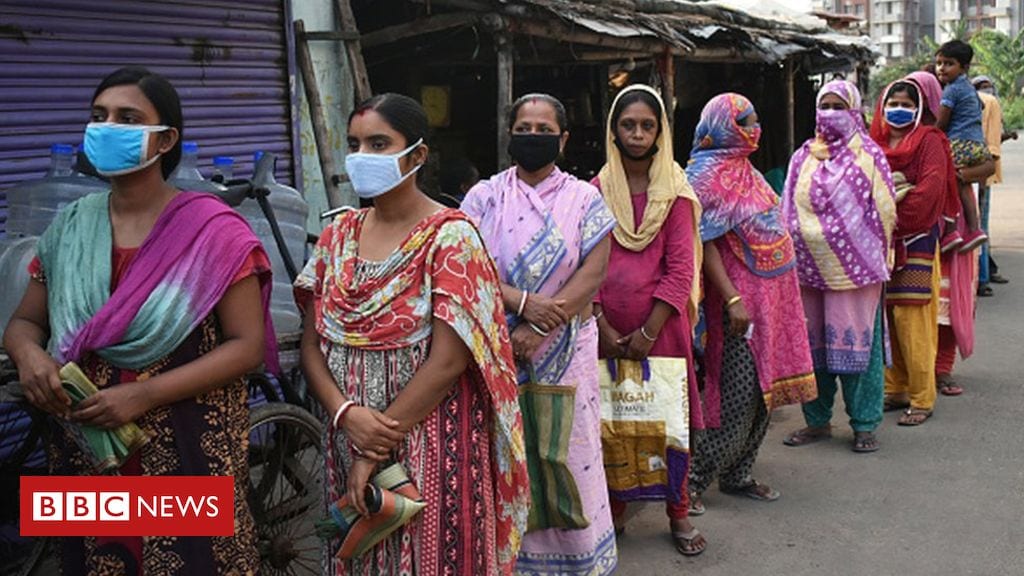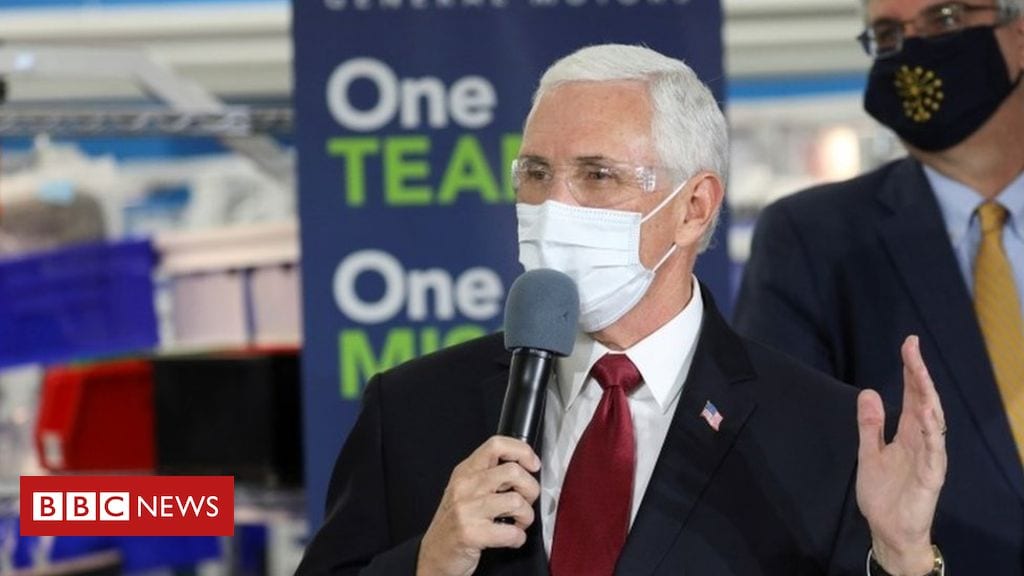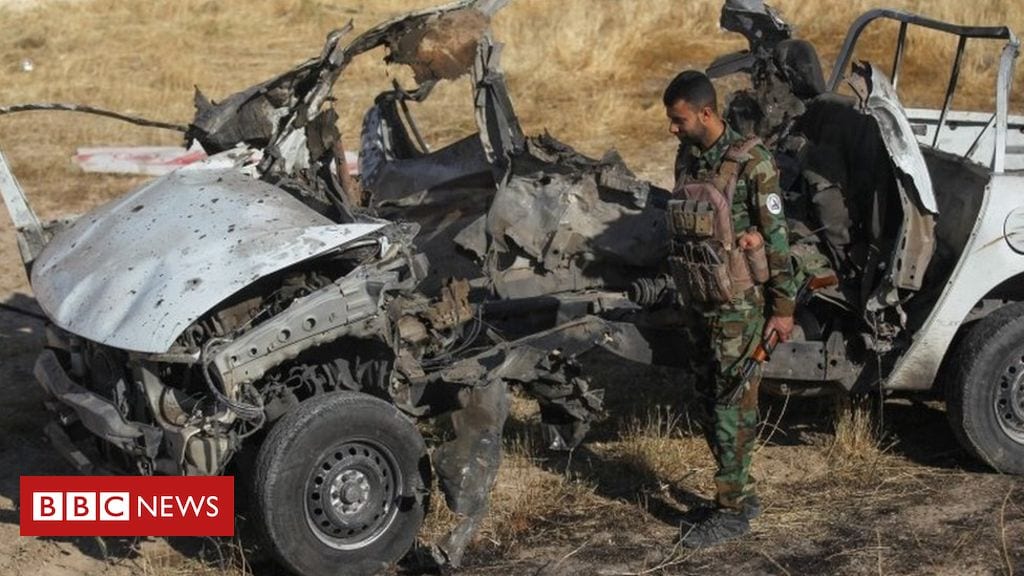[ad_1]
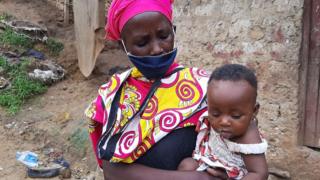
Image copyright
Caroline Mwawasi/TUKO
Peninah Bahati Kitsao says the help she has received is “a miracle”
Kenyans have rallied to the aid of a widow filmed cooking stones for her eight children to make them believe she was preparing food for them.
Peninah Bahati Kitsao, who lives in Mombasa, hoped they would fall asleep while they waited for their meal.
She used to wash laundry locally but such work is hard to come by now as people have restricted their interactions because of coronavirus.
A shocked neighbour, Prisca Momanyi, alerted the media to her plight.
- What African governments are doing to help people eat amid the lockdowns
- ‘I fear forced quarantine as much as coronavirus’
After being interviewed by Kenya’s NTV, the widow has received money via mobile phone and through a bank account that was opened for her by Ms Momanyi, as the mother of eight does not know how to read and write.
Ms Kitsao, who lives in a two-bedroomed house without running water or electricity, has described the generosity as a “miracle”.
“I didn’t believe that Kenyans can be so loving after I received phone calls from all over the country asking how they might be of help,” she told Tuko news website.
Image copyright
Caroline Mwawasi/TUKO
Peninah Bahati Kitsao put the stones in these cooking pots
She had told NTV that her hungry children had not been deceived for long by her delaying stone-cooking tactics.
“They started telling me that they knew I was lying to them, but I could do nothing because I had nothing.”
Her neighbour had come around to see if the family was OK after hearing the children crying, NTV reports.
As part of measures to cushion the most vulnerable from the coronavirus crisis, the government has launched a feeding programme.
But it had yet to reach Ms Kitsao, who was widowed last year when her husband was killed by a gang.
Her neighbour has also thanked the county authorities and the Kenya Red Cross, who have also come to help Ms Kitsao.
Many more households in that neighbourhood of the coastal city are now going to benefit from the relief food scheme too, the authorities say.
You may also be interested in:
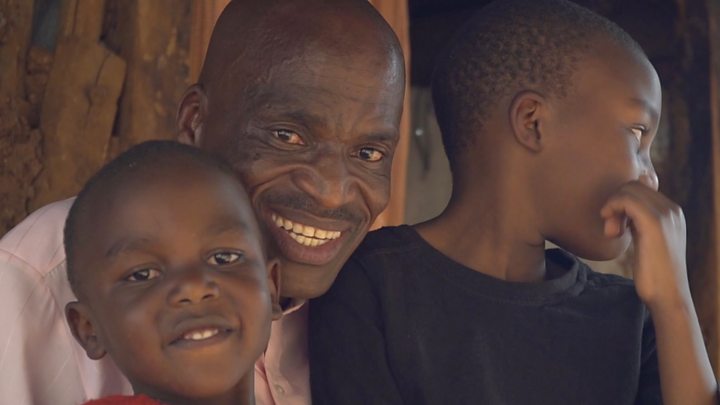
Media playback is unsupported on your device
Like many low-income Kenyans, Ms Kitsao has been struggling to earn money for the last month since the government put in measures to limit the spread of coronavirus, including a ban on travel in and out of major cities, reports the BBC’s Basillioh Mutahi from the capital, Nairobi.
Many companies have reduced their operations or have suspended them altogether, meaning that workers who depend on short contracts or menial jobs have no alternative means to earn their livelihoods.
Those who run small businesses have also been affected by the nationwide dusk-to-dawn curfew.
Ms Kitsao’s story of desperation has coincided with the revelation that the health ministry has spent huge sums of money, donated by the World Bank to respond to the pandemic, on tea, snacks and mobile phone airtime for its staff.
Details about how many people were provided for are unclear, nonetheless there has been outrage on social media that the government is spending such amounts at a time many Kenyans continue to suffer, our reporter says.
The East African nation has recorded 395 cases of Covid-19 and 17 deaths.



